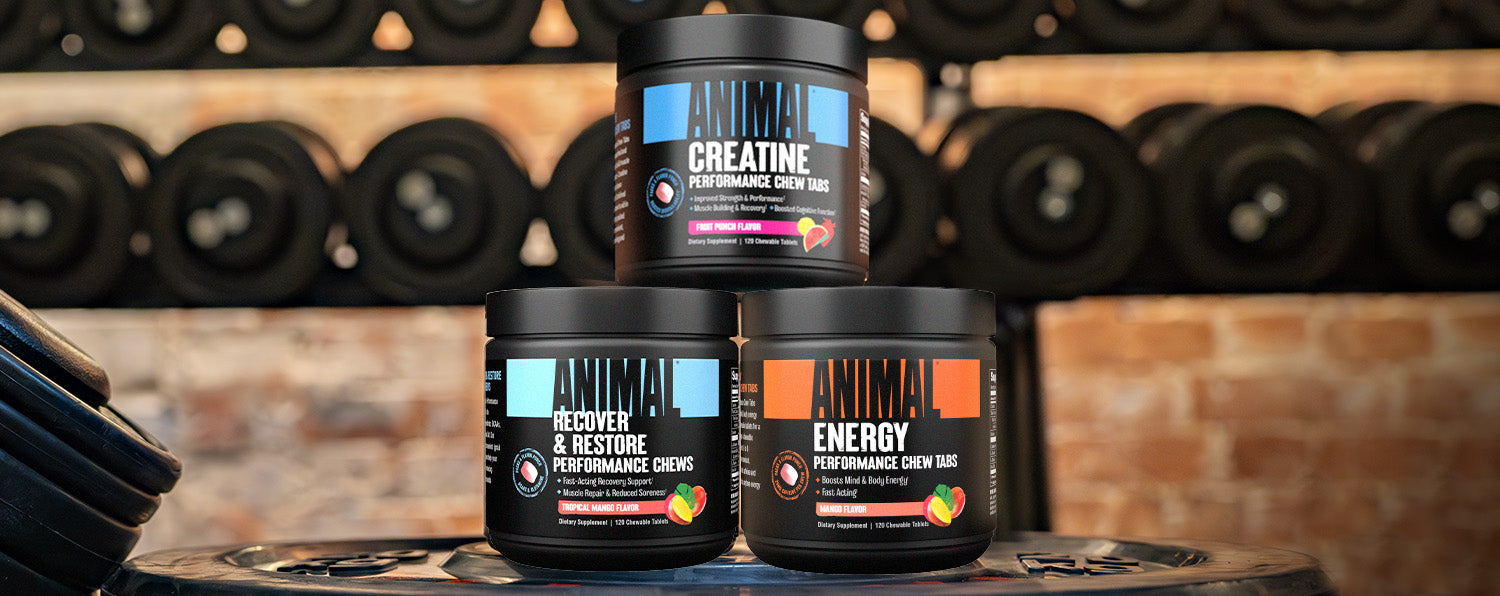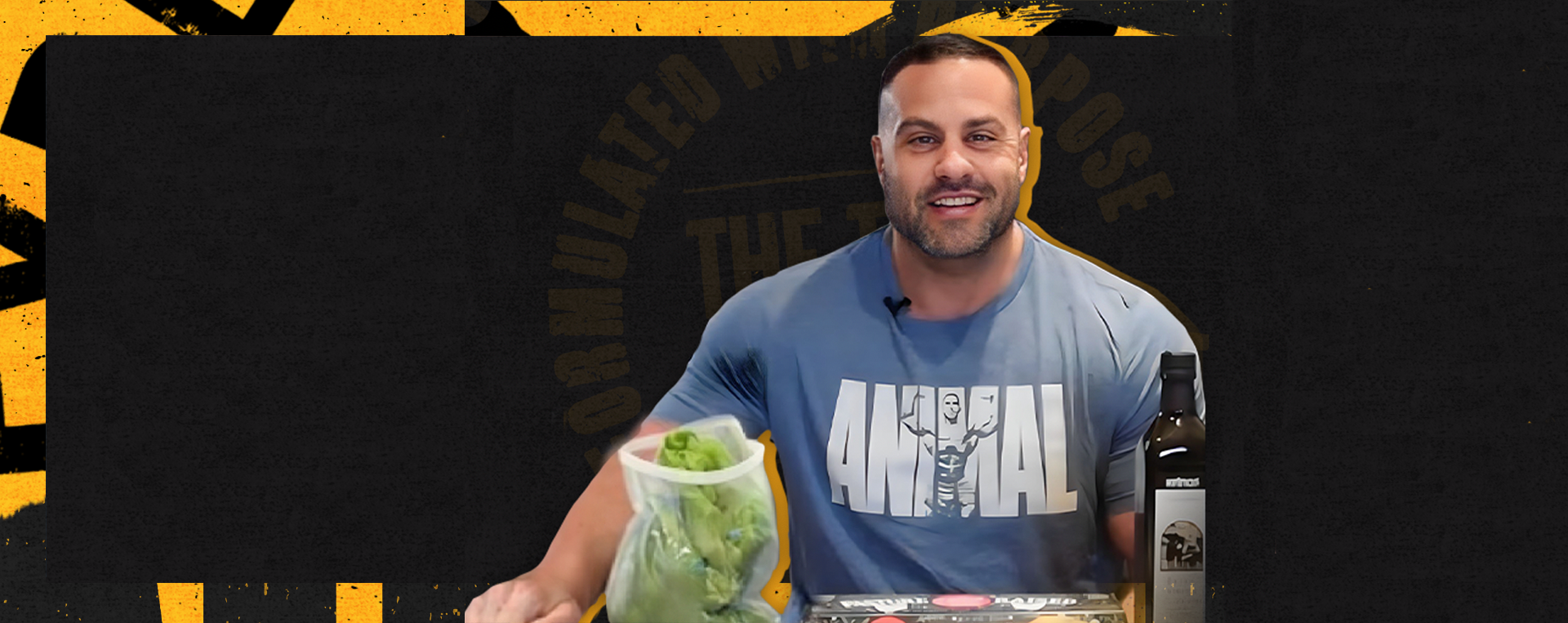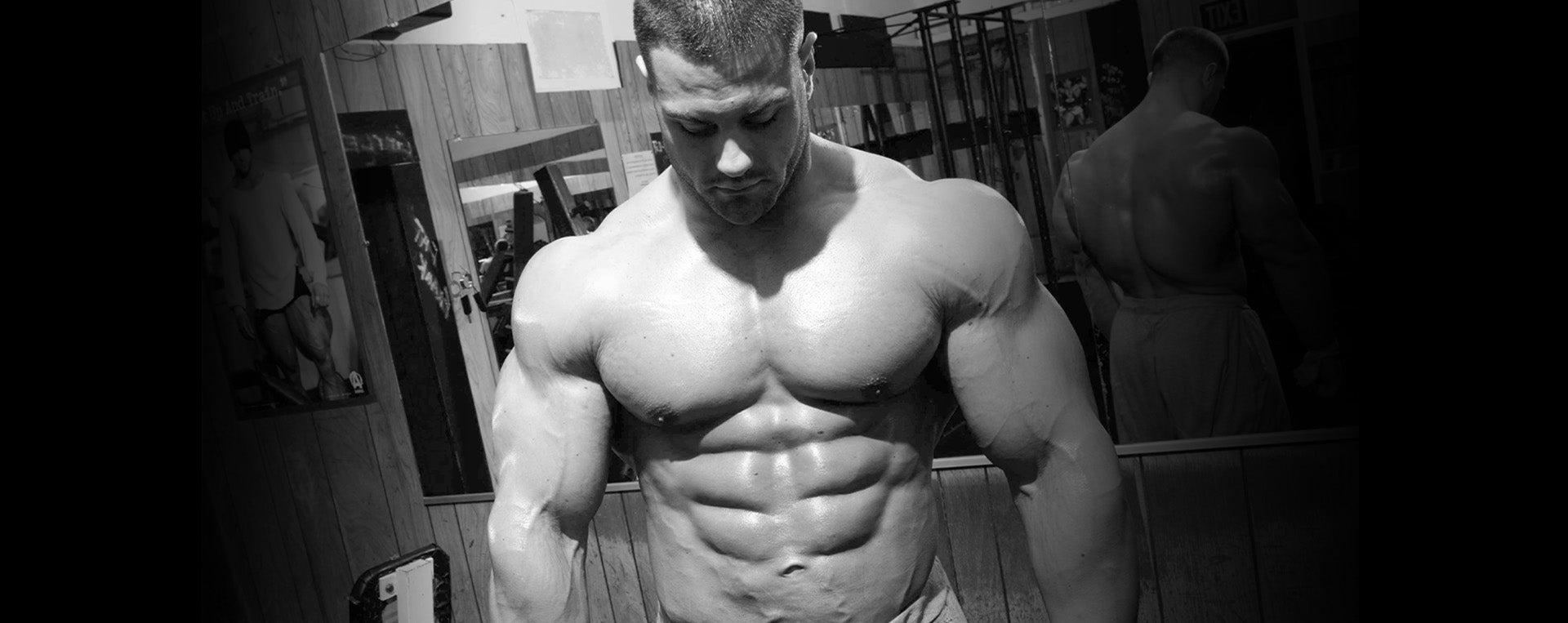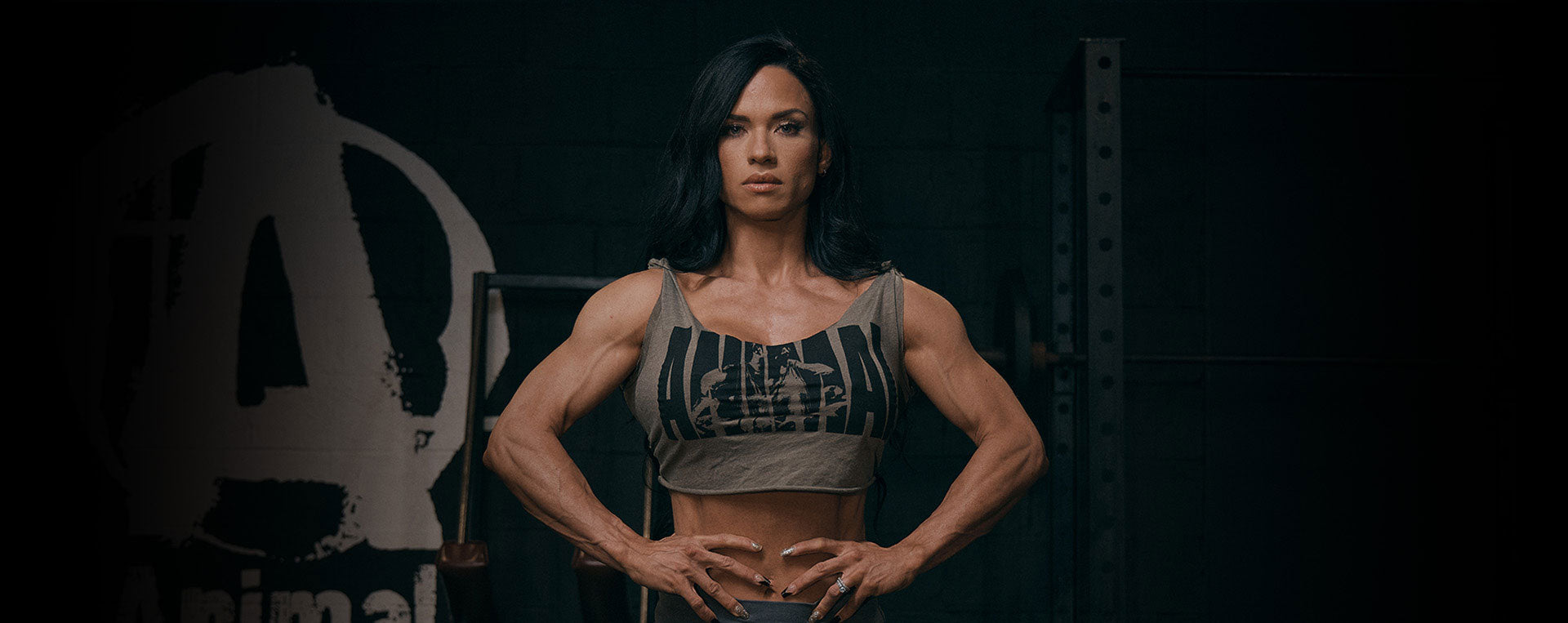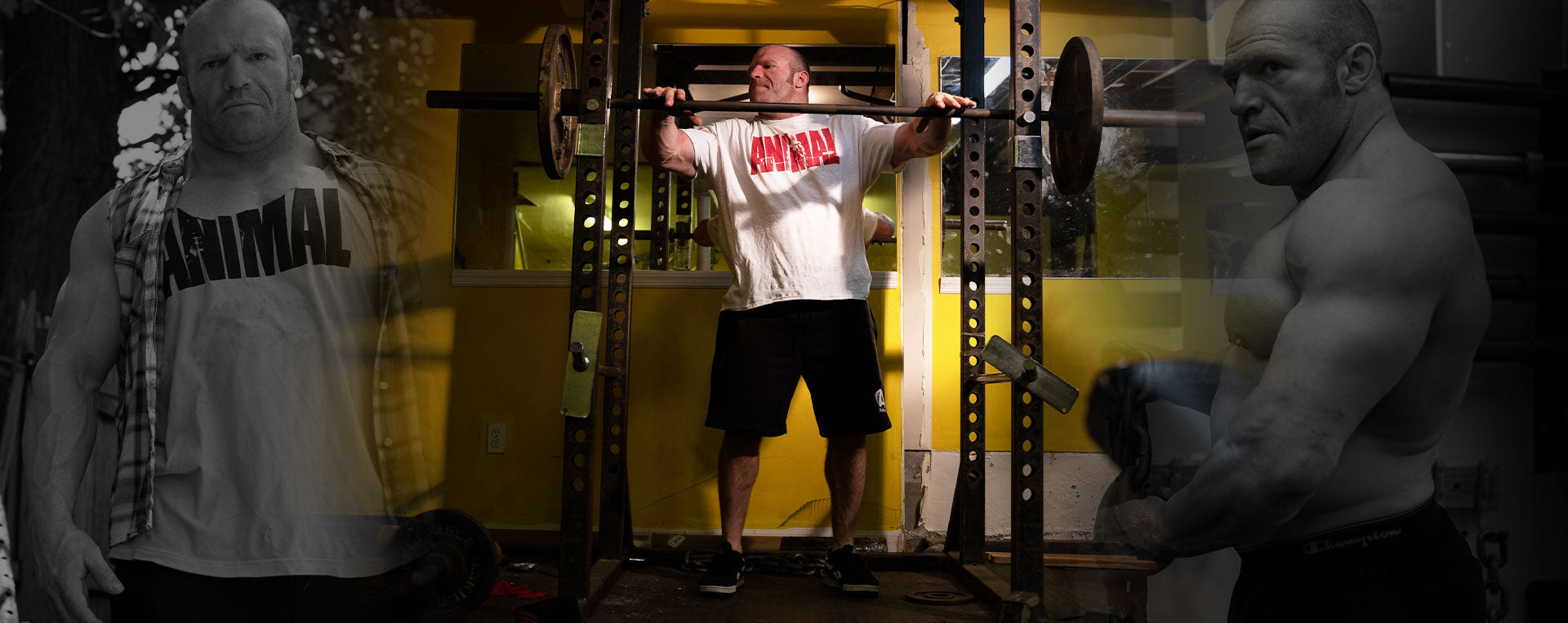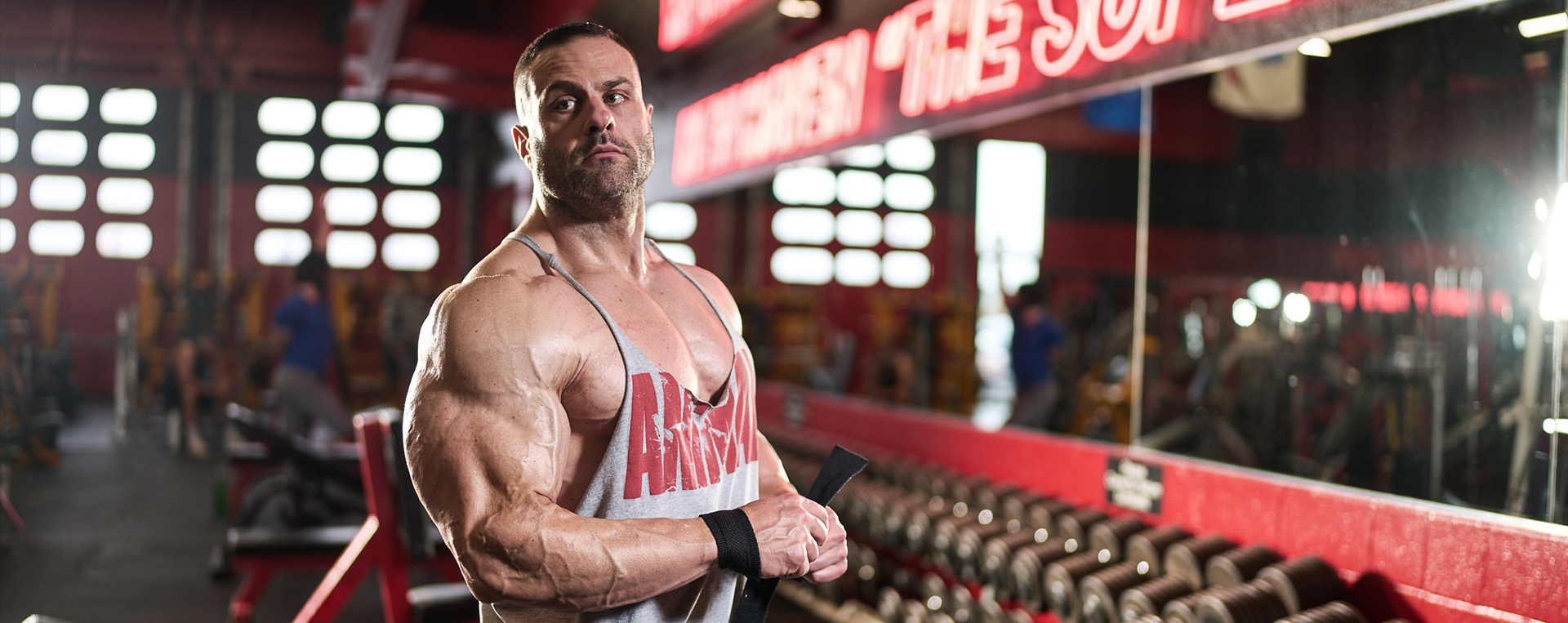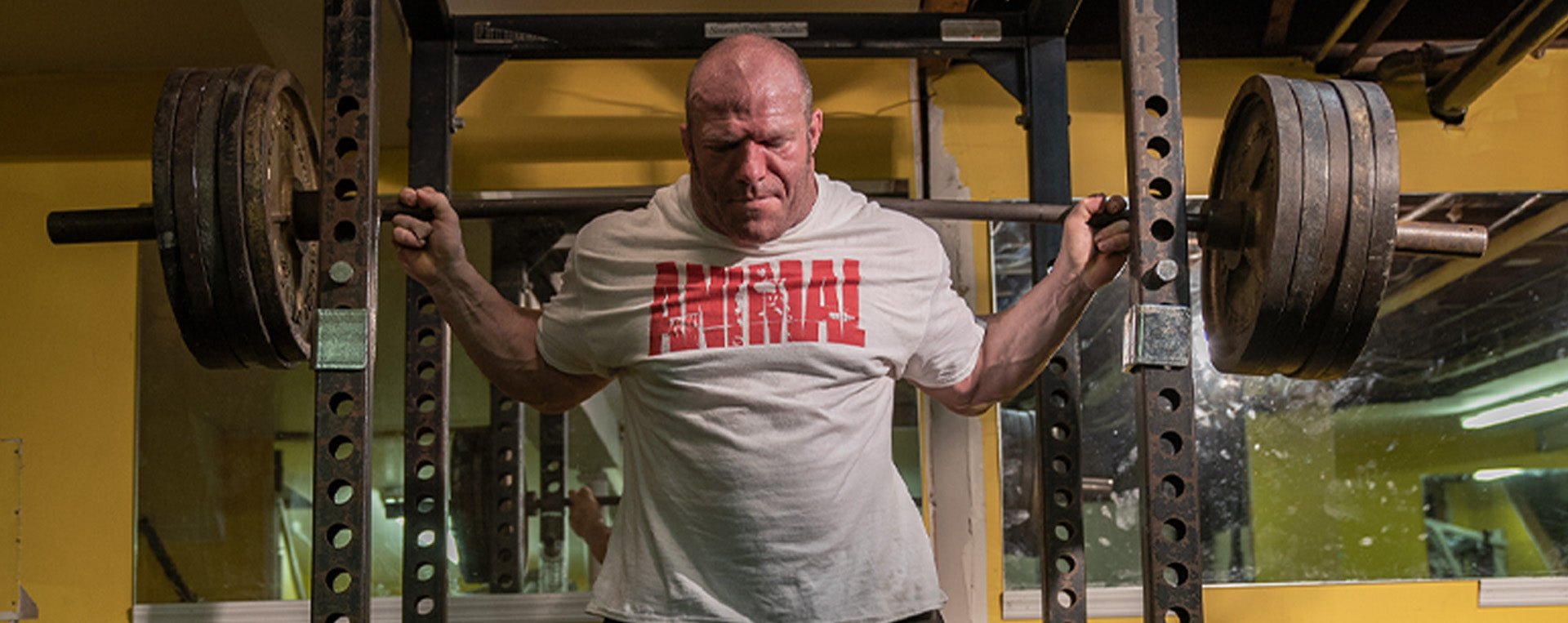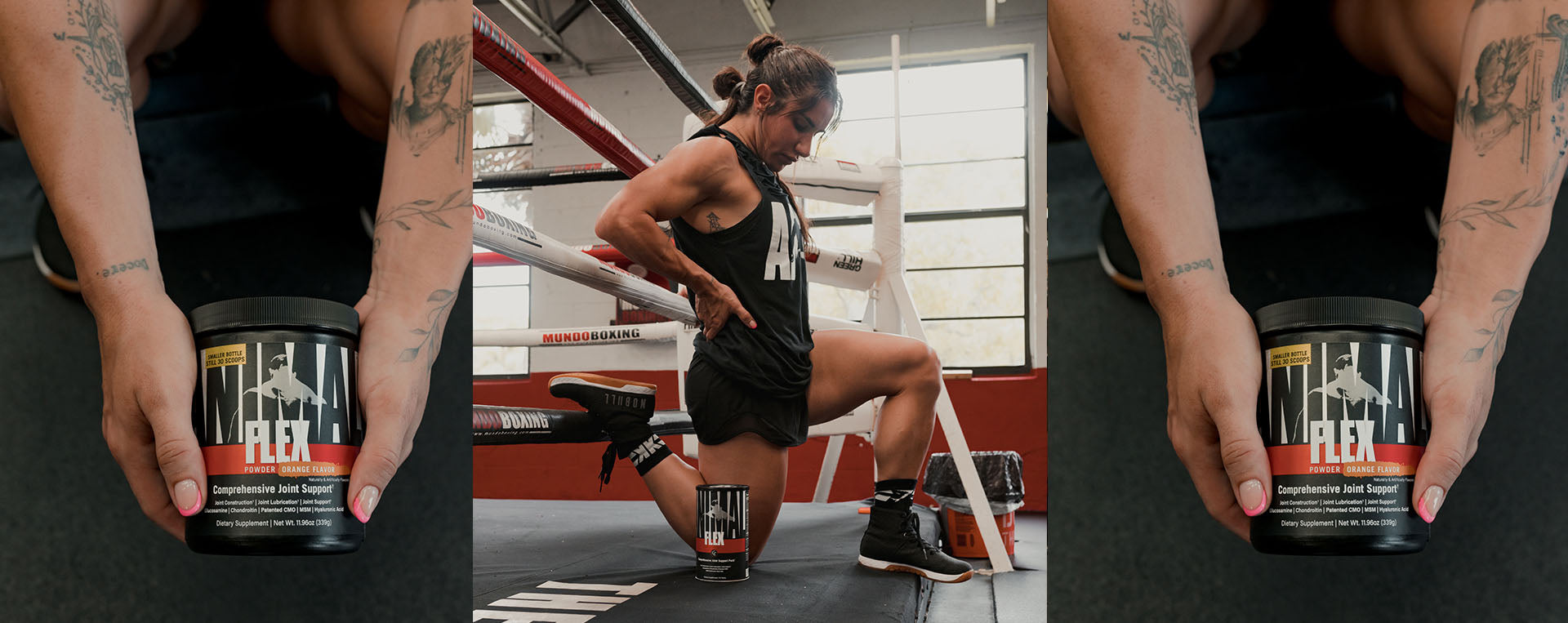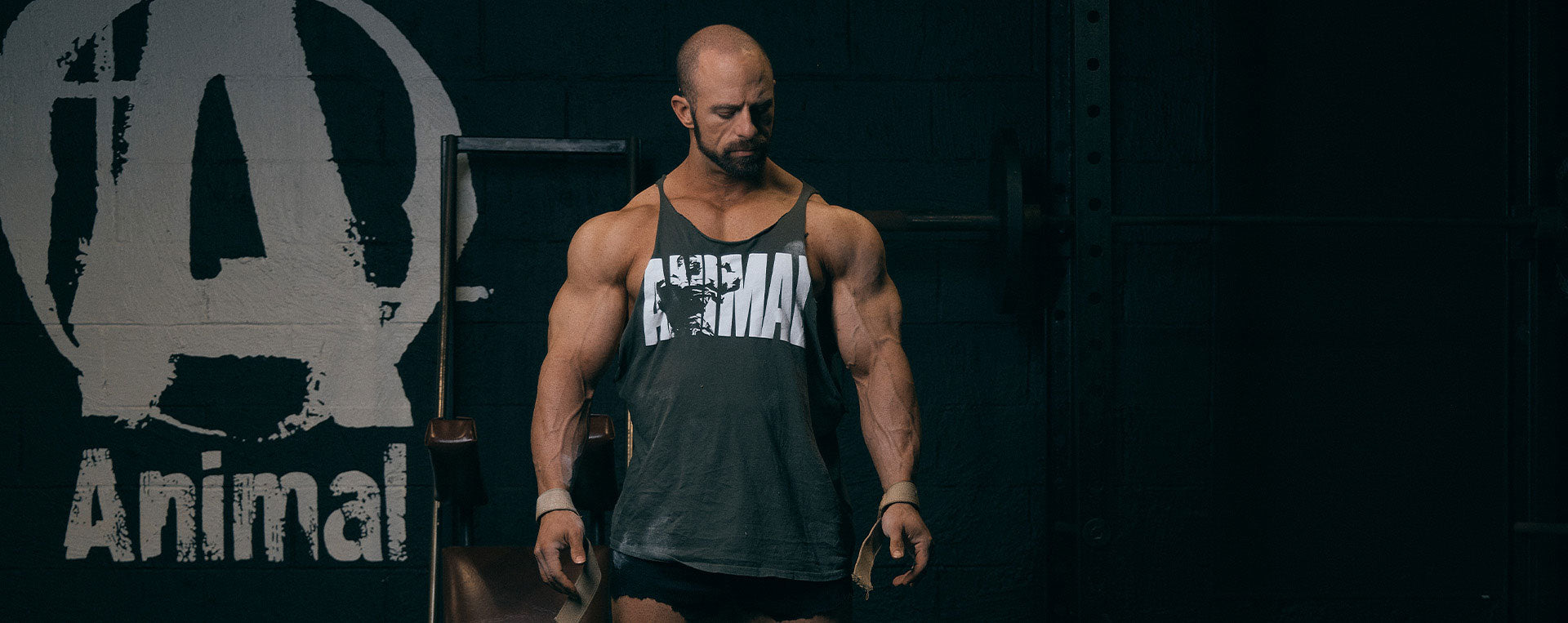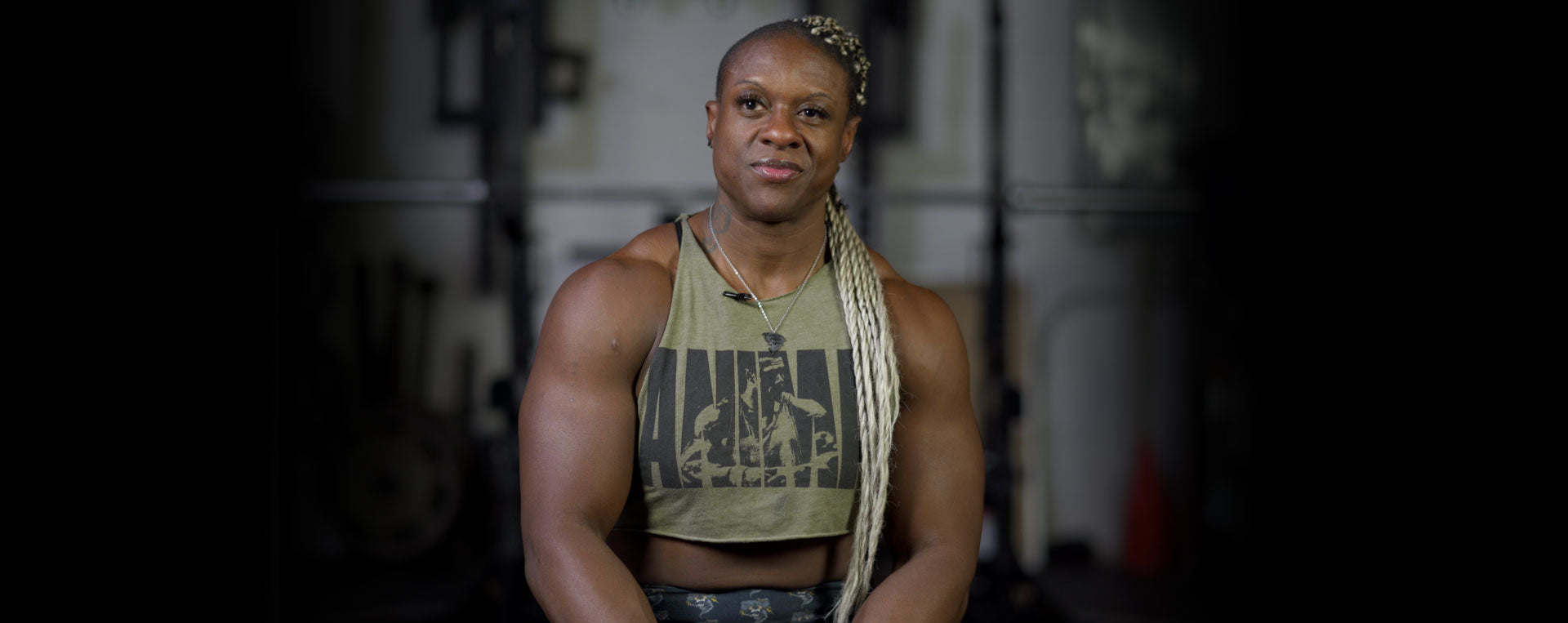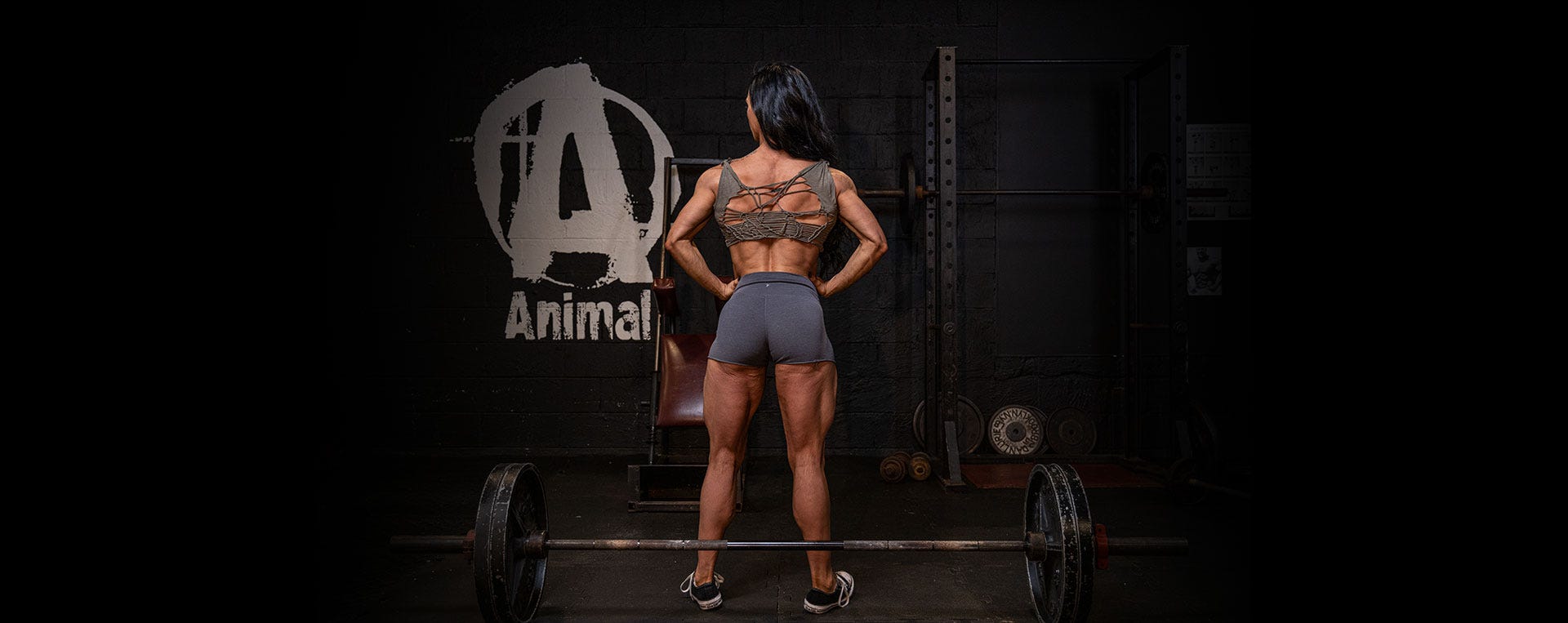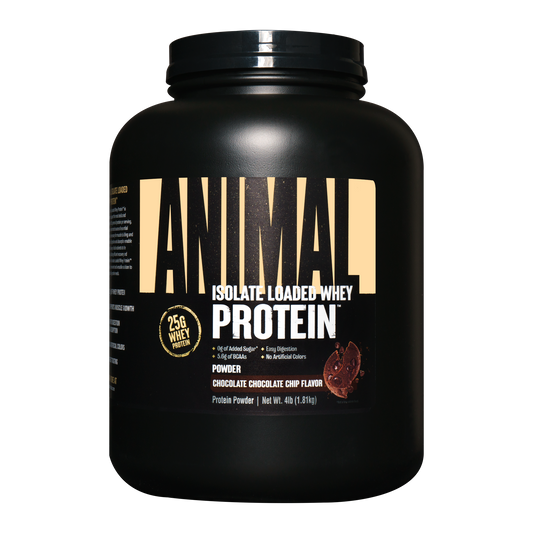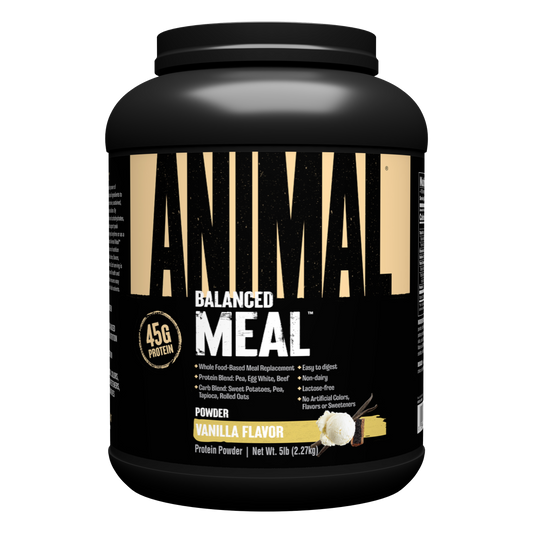So what should you do? First, if missing, start adding structure and consistency. No diet can be evaluated for effectiveness unless you actually have a diet that you are following day in and day out. Before you even touch your macros, eat the same thing every day. If a person comes to me and tells me their diet isn’t working, the first thing I ask is to look at their diet. Once they tell me that they eat something different every day, I inform them that they really can’t know what is working or not because they really don’t have a diet. First be consistent.
Once you’ve been consistent for a period of time, you can assess things like macros and overall calories and food choices. Don’t throw everything out the window at once. Stick with food sources that you know digest well for you. It doesn’t matter how great a particular food is supposed to be if it doesn’t agree with you. Know your body and know what foods work for you and use them to form your diet.
Now that you’ve been eating well-digesting foods (ideally single ingredient, unprocessed foods) consistently, you can begin to assess your diet to enter a prep or a cut. In keeping with the idea of letting your diet evolve, change should be subtle and slow. Remember, the goal when dieting is to eat the maximum amount of food/highest amount of calories while still losing fat. Cutting calories any more than needed is not only unlikely to bring a faster or better result, but you will likely lose muscle and slow down your metabolism in the process. Not to mention, cut out too much too soon and you leave yourself nowhere to go once progress slows down. Go slow and only eliminate what you need to in order to create a slight deficit.
Lastly, avoid the classic blunder of less food + less cardio. The rookies will ask why they should spend time doing cardio to burn calories when they could just eliminate the same number of calories from their diet. Seems logical enough on the surface, but it’s a totally moronic approach. The answer is to consume the greatest amount of food possible and go hard on the cardio. Why? Because you will keep more muscle this way and keep your metabolism higher, which in turn burns more fat. More food = higher metabolism. More physical activity also = higher metabolism. It’s a one-two punch that you want to take advantage of, trust me.
Ultimately, what I’m telling you is to approach dieting in a sane manner. Before you decide to start the process, be at a point where you’ve been consistent in your daily diet and you know what is good and what can be discarded. From there, make small changes and let things evolve as needed. Leave yourself room to make changes moving forward. Don’t rely entirely on your diet. Intense physical exertion in the form of weight training and cardio will allow you to eat more, burn more fat, and retain more muscle.










